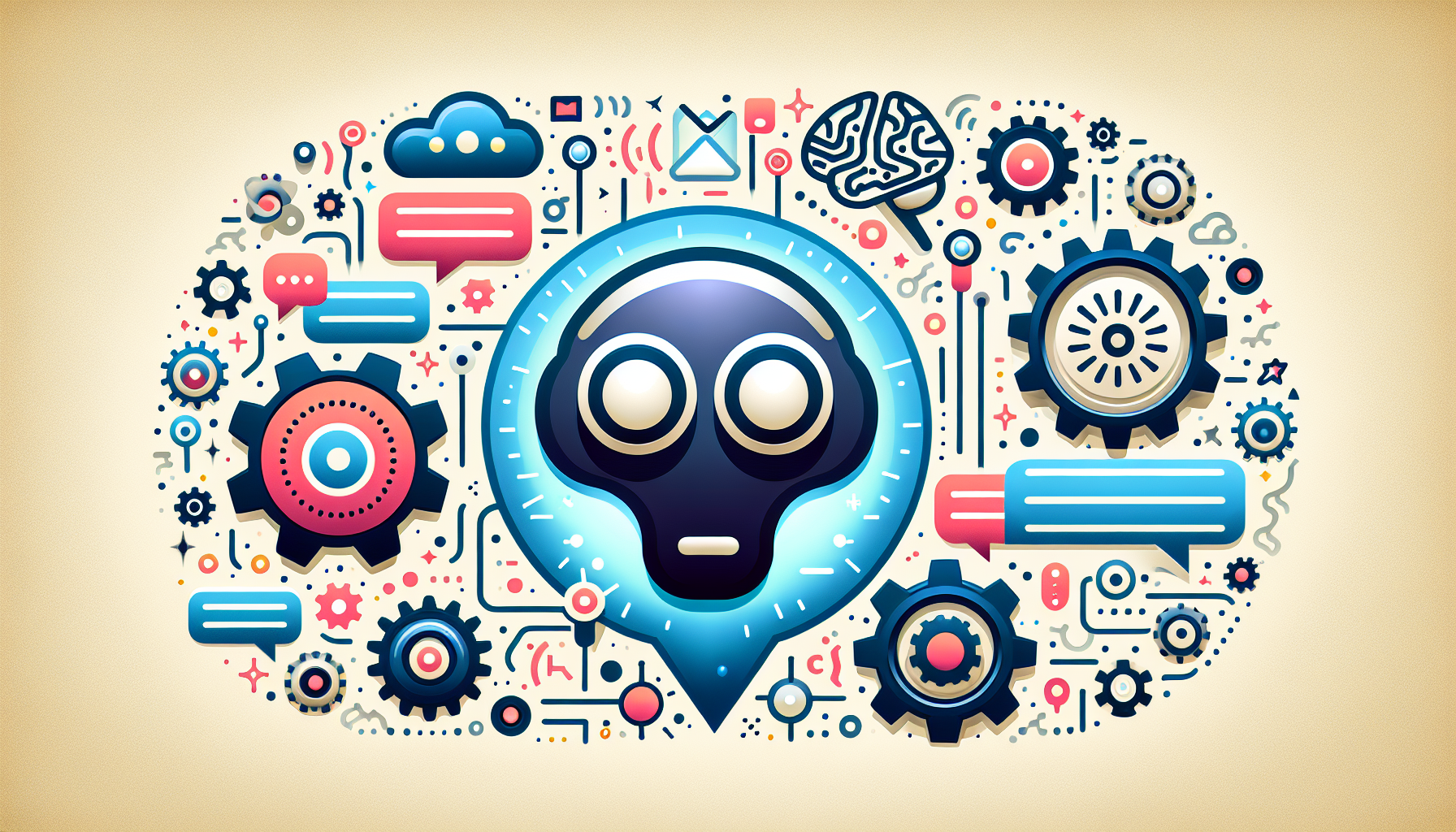Understanding Automation in Communication
Automation has redefined how individuals and businesses function, especially in the realm of communication. By leveraging advanced technologies, businesses can improve efficiency, engage customers, and streamline operations. One of the most transformative technologies in this domain is the advent of AI-driven chatbots, specifically models like ChatGPT.
What is ChatGPT?
ChatGPT is a state-of-the-art language processing AI developed by OpenAI based on the GPT (Generative Pre-trained Transformer) architecture. It utilizes machine learning to generate human-like text and engage in conversation. With its ability to understand context and produce coherent responses, ChatGPT is a powerful tool in automation strategies.
Key Features of ChatGPT
-
Natural Language Processing (NLP):
ChatGPT employs sophisticated NLP techniques enabling it to comprehend and generate human language with remarkable accuracy. -
Contextual Understanding:
One of its strengths lies in understanding the context of conversations, enabling it to maintain coherent dialogue over extended interactions. -
Scalability and Flexibility:
Businesses can scale their operations by deploying multiple instances of ChatGPT to handle a surge in customer inquiries without sacrificing quality. -
24/7 Availability:
ChatGPT operates round-the-clock, providing instant responses and enhancing user satisfaction. -
Integration Capabilities:
The model can seamlessly integrate with various platforms such as websites, mobile apps, and social media, enhancing overall customer experiences.
Use Cases of ChatGPT in Automation
Customer Support:
ChatGPT can manage customer inquiries effectively by providing instant answers to frequently asked questions, troubleshooting steps, and product information. This automation reduces wait times and improves customer satisfaction, allowing human agents to focus on more complex issues.
Content Creation:
Marketers and content creators leverage ChatGPT for generating blog posts, articles, and product descriptions. Its ability to produce high-quality content rapidly can significantly enhance a brand’s online presence.
E-Commerce:
In the e-commerce sector, ChatGPT can assist customers through their purchasing journey. By providing personalized product recommendations and answering specific buyer queries, it increases conversion rates and enhances customer experience.
Social Media Engagement:
Using ChatGPT for social media management allows brands to maintain an active presence. It can respond to comments, engage with followers, and even generate posts that resonate with the target audience.
Internal Communication:
Organizations can utilize ChatGPT to facilitate internal communication. It can automate routine inquiries within human resources, IT, and administrative departments, saving time and improving workflow.
Comparative Analysis of ChatGPT with Other Automation Tools
While there are various automation tools available, ChatGPT stands out due to its unique features and capabilities. Here’s how it compares with other popular automation tools:
-
Rule-Based Bots vs. ChatGPT:
Traditional rule-based bots operate on a predefined set of rules and can fail when users deviate from expected queries. In contrast, ChatGPT’s machine-learning foundation allows for versatile and dynamic interactions, making conversations more human-like and engaging.
-
Scripted Responses vs. Contextual Understanding:
Unlike many automation tools that rely on scripted responses, ChatGPT can interpret context, making it a superior choice for nuanced dialogue management. This feature is crucial in building rapport with users and providing a more personalized experience.
-
Learning and Adaptation:
Some automation systems require regular updates and manual programming. ChatGPT, however, can learn from interactions and adapt its responses over time, improving its performance without extensive intervention.
-
Integration Complexity:
Many automation tools can be complex to integrate into existing systems. ChatGPT’s API provides easier integration options, making it accessible for organizations of all sizes.
SEO Benefits of Implementing ChatGPT
Employing ChatGPT aligns well with SEO strategies, leading to improved visibility and engagement. Here are key benefits related to SEO:
-
Content Generation:
By creating relevant and engaging content quickly, ChatGPT can contribute to improved search engine visibility. Fresh content is key to ranking higher on search results. -
User Engagement:
Enhanced customer interaction through ChatGPT can lead to longer site visits and lower bounce rates, which are favorable metrics for search engines. -
Keyword Optimization:
ChatGPT can assist in naturally incorporating targeted keywords in conversations or content, contributing to on-page SEO efforts. -
Reduced Time to Market:
Faster content generation allows businesses to adapt to trends quickly, which can lead to timely engagement with users searching for current topics.
Challenges and Considerations
While ChatGPT presents numerous benefits, it’s crucial to consider some challenges:
-
Handling Sensitive Information:
Organizations must ensure that they handle sensitive customer data carefully to maintain privacy and comply with regulations such as GDPR. -
Quality of Responses:
Though ChatGPT is sophisticated, there may be instances of inaccuracies or irrelevancies in responses, necessitating human oversight in critical applications. -
Fine-Tuning:
To achieve optimal performance, users must fine-tune the model effectively based on specific industry needs and user interactions. -
Cost Management:
Depending on usage frequency, the cost of deploying ChatGPT can escalate, requiring budget considerations and efficient management. -
Maintenance and Updates:
Continuous improvements and updates are necessary to keep up with advancements in AI technology, requiring businesses to allocate resources accordingly.
Conclusion
ChatGPT represents a significant stride in the world of automation, offering flexibility and efficiency across various sectors. By employing AI-driven solutions like ChatGPT, businesses can not only automate routine tasks but also enhance user engagement, improve operational efficiencies, and generate high-quality content. As technology continues to evolve, organizations must remain adaptable, leveraging tools like ChatGPT to stay competitive in a rapidly changing landscape. With an understanding of both its potential and limitations, businesses can unlock the true power of automation in driving success.


